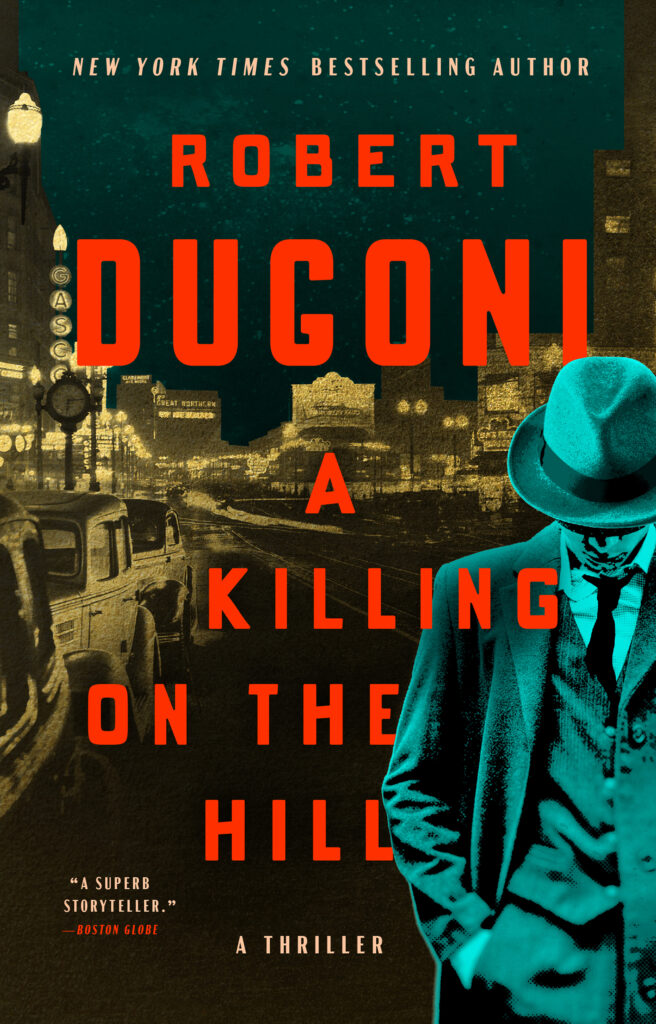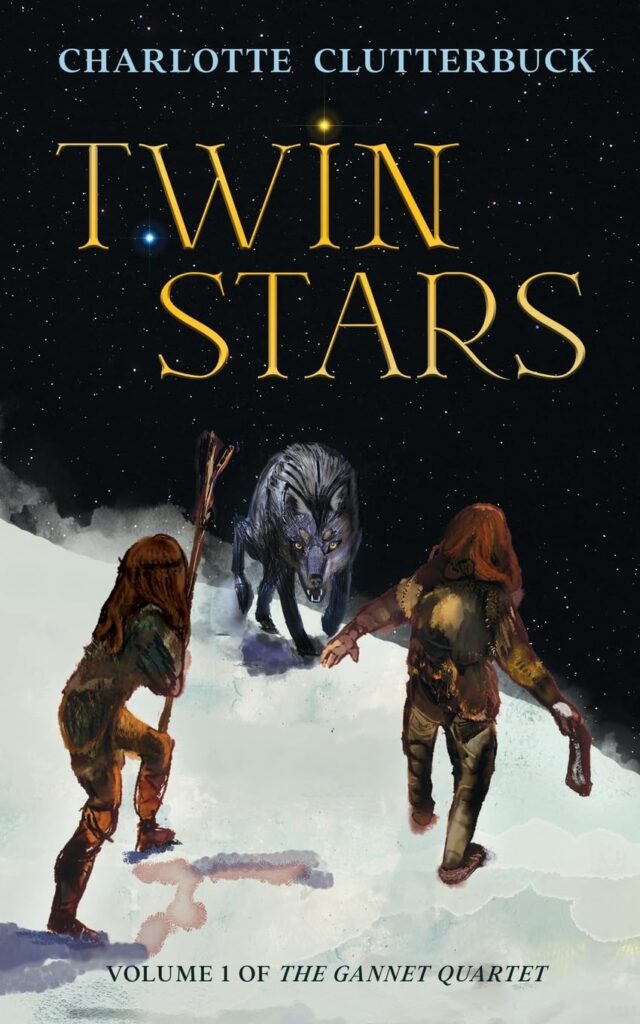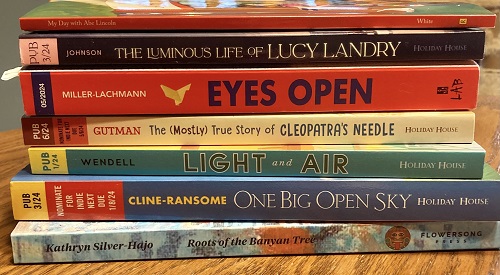Becoming Belle
O’Connor is a celebrated Irish author who lives near the Clancarty estate that was occupied by the “Peasant Countess,” Belle Bilton, in 1891. The best part of this novel of Belle’s life comes at the end when she finally arrives, after many tribulations, at the ancestral home of her husband, Viscount Dunlo. O’Connor clearly loves the Irish countryside and has a gift for nature description. However, the bulk of the novel takes place in the cafes and shops of bohemian London, where Belle endures years of delay in her quest for marital bliss.
It’s a story that would only work if we were convinced that Belle was a woman of grand passion and artistic ambition, neither of which are evident in her music hall celebrity status or her dogged loyalty to a bland, underage viscount. Historical fiction is a broad-minded genre; its heroines don’t have to (indeed, shouldn’t) be perfect. The heroine of Becoming Belle is lovely and feisty but incredibly naïve, not overly principled (think Scarlett O’Hara, but without her spine of iron), and maddeningly incurious about anything but clothes.
There’s little in the way of social drama to involve the reader as Belle effortlessly seduces and secretly marries Dunlo, only to see him packed off to Australia by his tyrannical father. Her passivity in the face of adversity is frustrating at first and becomes infuriating as the tale drags on. Her fixation on the befuddled William is inexplicable (graphic descriptions of their sexual activity are meant to convince us of their compatibility), and the climactic court case brought by the viscount’s father in an attempt to divorce them is presented as little more than a dry transcript. Bilton did indeed have an eventful life, but in this novel, it all comes too easily to her and leaves her with little to do but fret over her own feelings.










